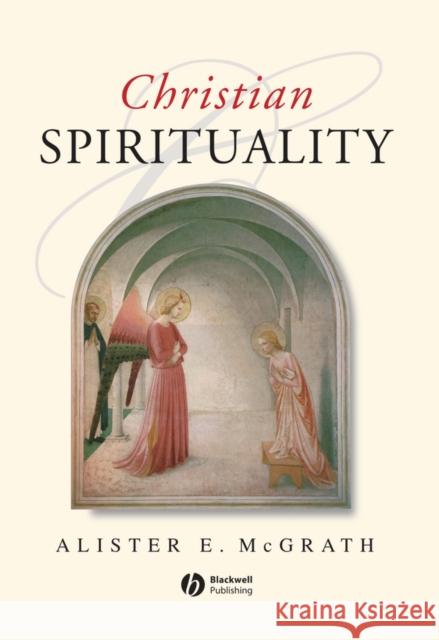Christian Spirituality: An Introduction » książka
topmenu
Christian Spirituality: An Introduction
ISBN-13: 9780631212805 / Angielski / Twarda / 1991 / 224 str.
Christian Spirituality: An Introduction
ISBN-13: 9780631212805 / Angielski / Twarda / 1991 / 224 str.
cena 684,96
(netto: 652,34 VAT: 5%)
Najniższa cena z 30 dni: 680,74
(netto: 652,34 VAT: 5%)
Najniższa cena z 30 dni: 680,74
Termin realizacji zamówienia:
ok. 30 dni roboczych
Dostawa w 2026 r.
ok. 30 dni roboczych
Dostawa w 2026 r.
Darmowa dostawa!
This text fills the need for a clear, informative, helpful and well-written introduction to Christian spirituality.
- Includes a detailed guide to resources in spirituality available on the Internet
- Written by a leading theological educationalist in a clear and accessible manner
- Encourages active engagement with primary sources through worked case studies











